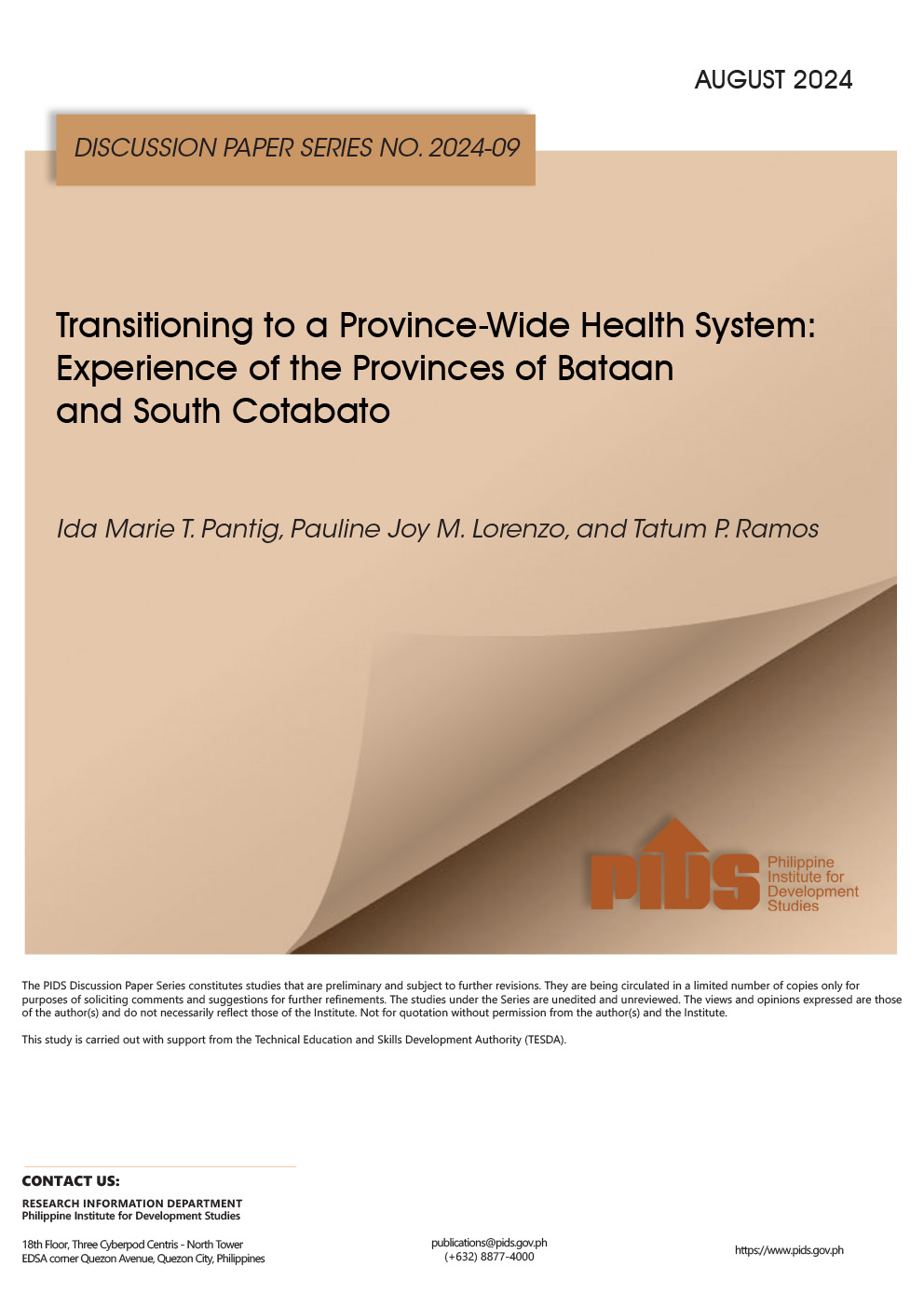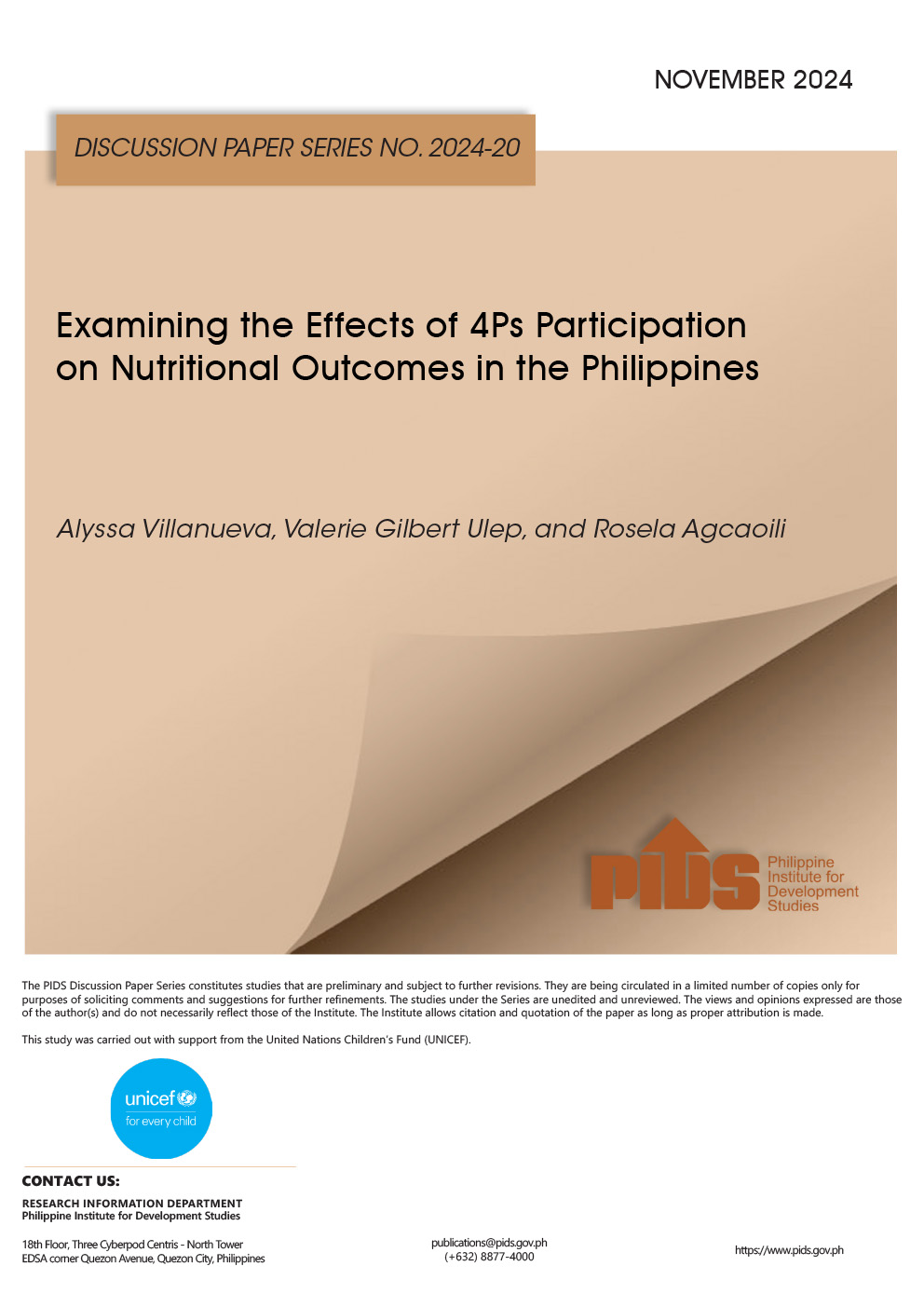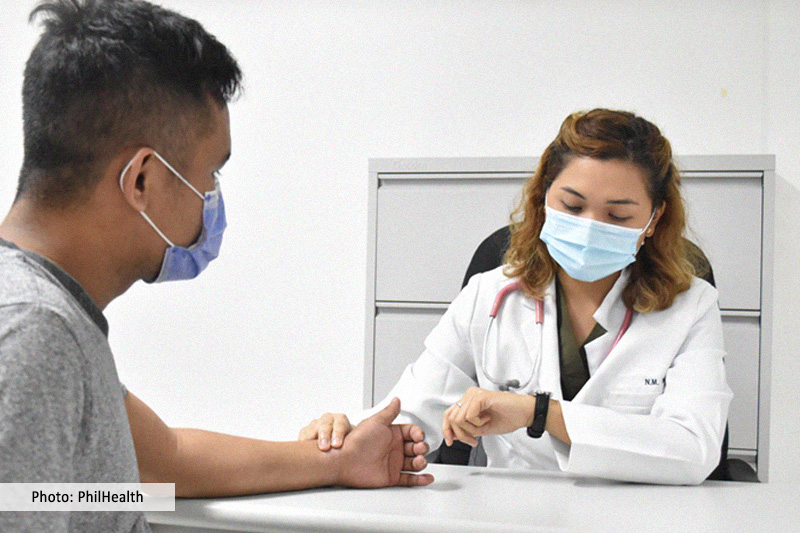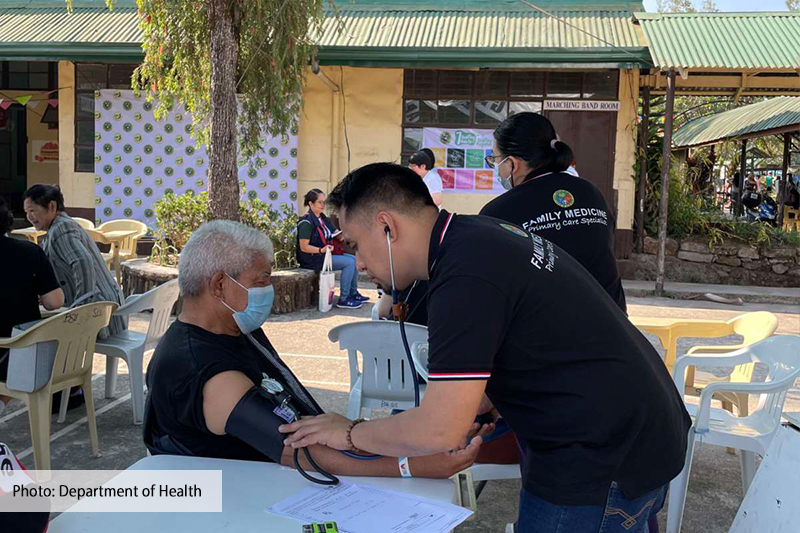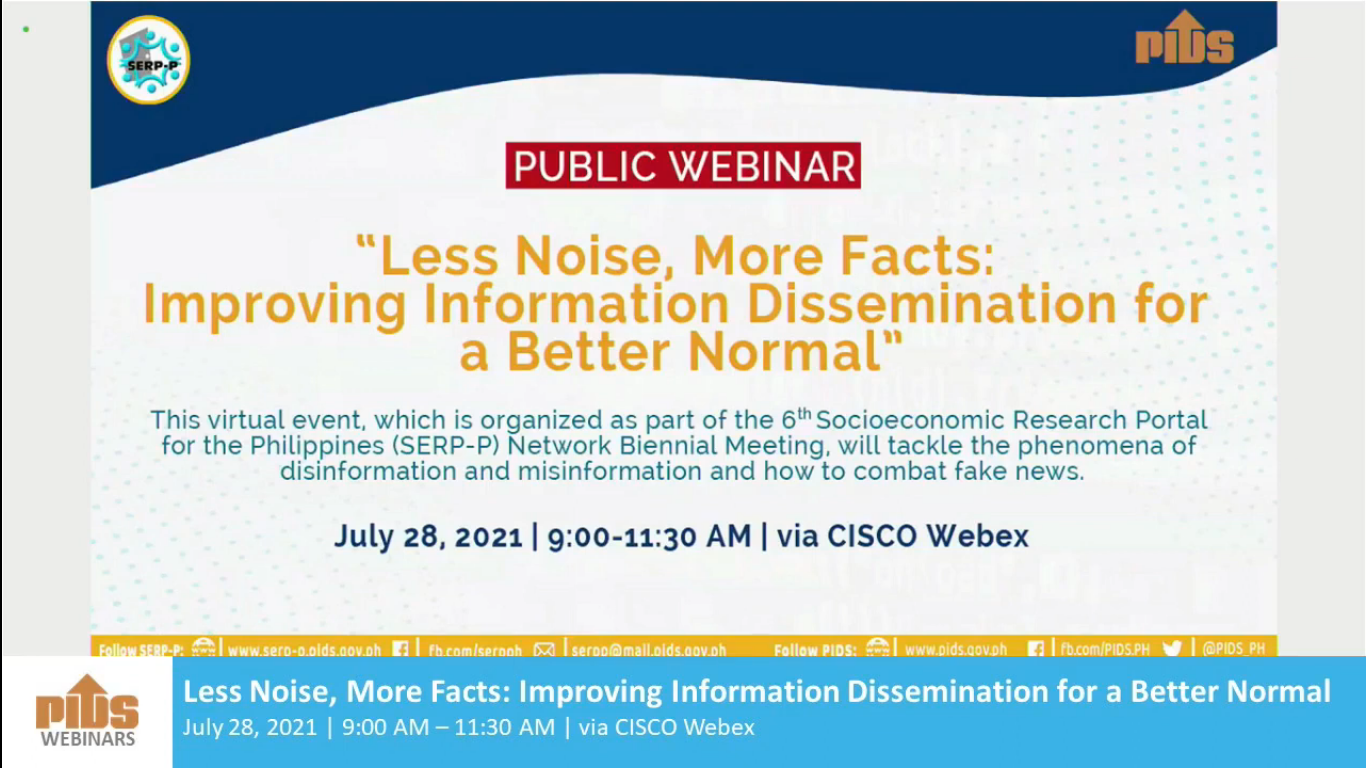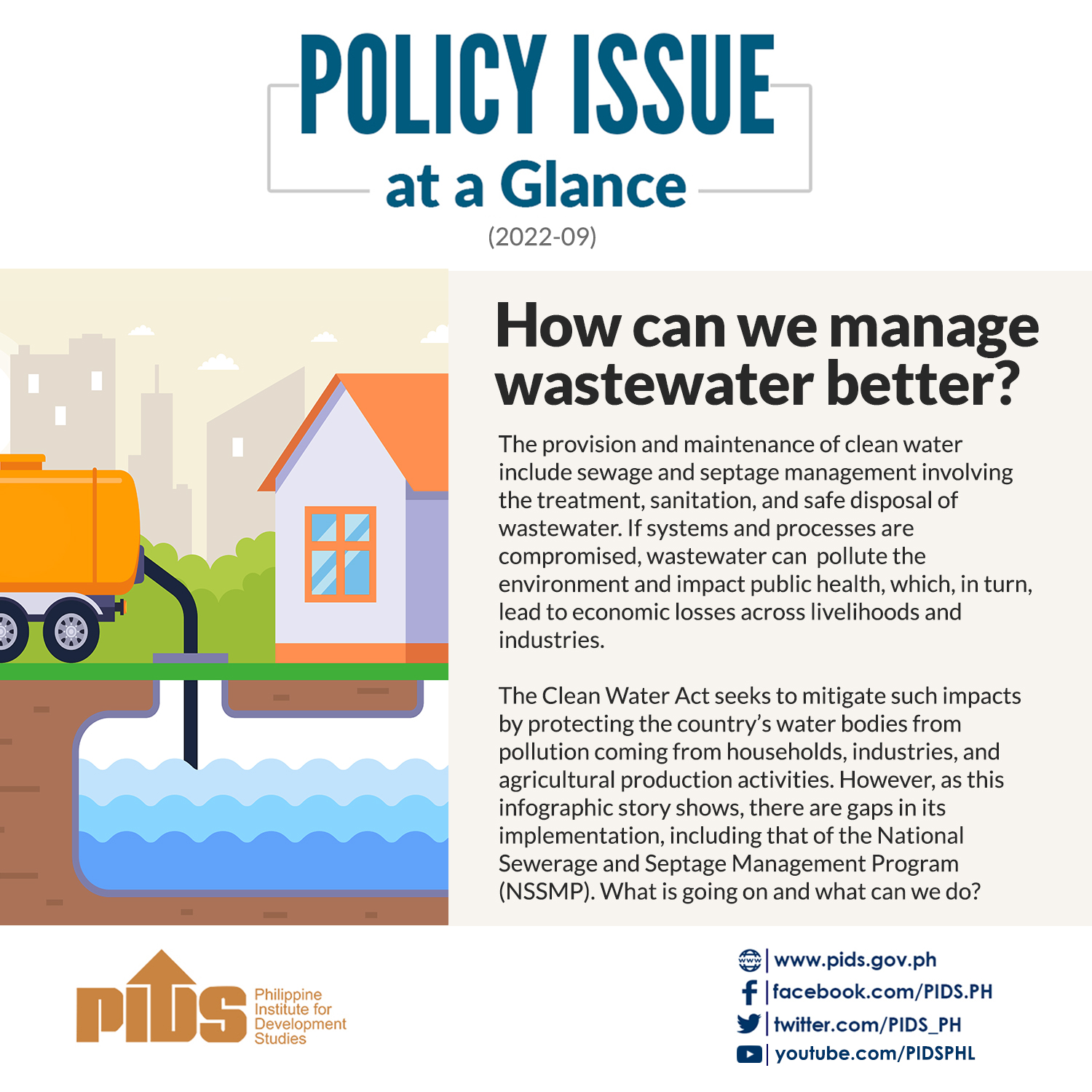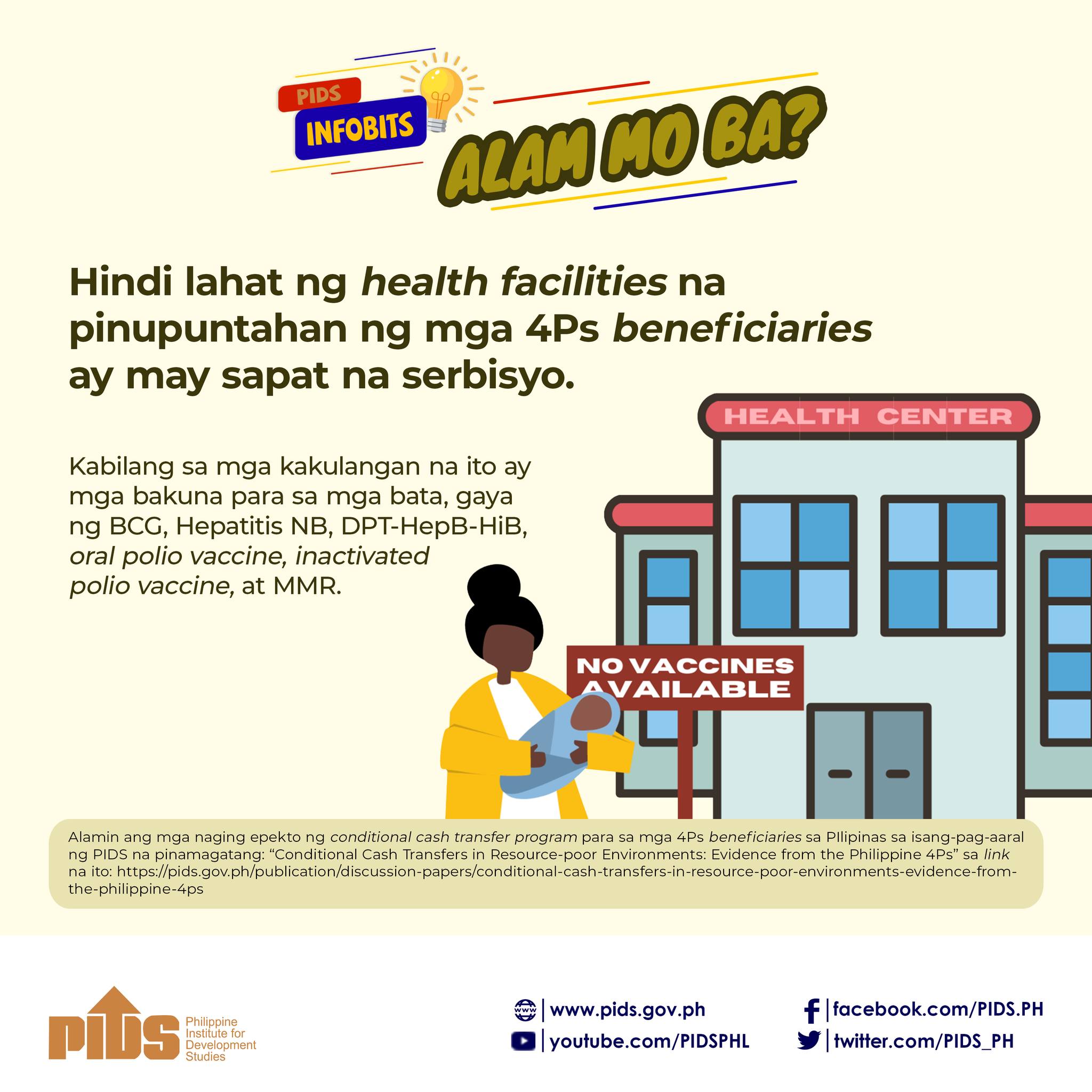MANILA, Philippines — The Commission on Human Rights expressed "deep concern" Sunday over the now-viral social media post showing a person with a disability climbing a stairway as it urged the government to support the rights of PWDs in the country, particularly their right to mobility.
In the viral photograph, the PWD struggles to climb the tall stairway at Recto Station of the Light Rail Transit-Line 2 while security personnel and train marshalls carry his wheelchair ahead of him.
"Accessible transportation with functioning facilities that cater to the unique needs of Persons with Disability are crucial in ensuring equal opportunity and access to basic services for this vulnerable sector," the CHR said in its statement Sunday morning.
"We remind the State of its commitment to uphold the rights of Persons with Disabilities, as embodied in the Magna Carta for Disabled Persons, including providing support and creating an environment that will ensure their rehabilitation, self-development, and self-reliance so they may live freely and as independent as possible."
The Light Rail Transit Authority, which operates the LRT-2 line, has since apologized and assured the public that "its present management will do its best to remedy the situation."
"Among the options seen are the emergency procurement of needed parts and the tasking of the existing LRT Line 2 maintenance provider to undertake the repairs," it said in a statement.
CHR to gov't: Maintain public facilities for PWDs
Though the last existing census on the disability community in the country was conducted in 2010, a 2017 study by the Philippine Institute for Development Studies of 1,031 adult women and 823 children with disabilities in two cities, majority of respondents were found to be mobility-impaired (39.7%).
"We urge the administration of the LRT and MRT to ensure that all facilities, which cater to the specific needs of Persons with Disability, are properly working. The government should also do the same for all buildings and facilities—public and private," the CHR said.
In its report on the Philippines in 2018, the US State Department affirmed in its Country Reports on Human Rights Practices that "great majority of public buildings remained inaccessible to persons with physical disabilities" in the country.
“Many schools had architectural barriers that made attendance difficult for persons with disabilities. Government efforts to improve access to transportation for persons with disabilities were limited," the report reads.
Batas Pambansa 344, which the CHR cited, provides that public utilities "shall install and incorporate in such building, establishment, institution or public utility, such architectural facilities or structural features as shall reasonably enhance the mobility of disabled persons such as sidewalks, ramps, railings and the like."
"The maintenance of such facilities should always be a priority to genuinely serve the ends of inclusivity and accessibility of vulnerable sectors, which also include senior citizens and pregnant women," the CHR said.
"CHR hopes that proactive efforts will be done by to give due attention to our countrymen and women who are often overlooked and disadvantaged, especially during this period of crisis."
Alarmed over viral photo of PWD climbing stairs, CHR calls for better facilities

